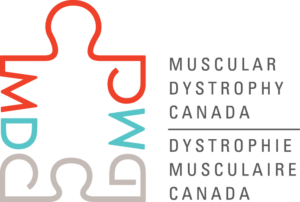Growing into adulthood with Duchenne Muscular Dystrophy
comparing patient experiences and systems to optimize care
Transition has been identified as a crucial problem of healthcare delivery for patients with chronic diseases for decades. Despite the development of national and international guidelines for best practice, patients, caregivers and care providers often encounter organizational, cultural, administrative or policy barriers that make it challenging to realize the guidelines into practice.
For patients with Duchenne Muscular Dystrophy (DMD) the transition period is particularly challenging due to the loss of body functions during adolescence. DMD is a rare X-linked disease characterized by progressive muscle degeneration resulting in loss of ambulation and severe multisystem complications. DMD is the most prevalent neuromuscular disorder in children, with an estimated incidence of one in 3500 – 9300 live male births. After improvements in medical management, in particular respiratory and cardiac care, some patients now live beyond their third or fourth decade.
In this study, we will analyse the lived experience of DMD patients living in different countries with high quality medical systems but differing organizational and geographic structures. In a mixed methods design we will compare differences and similarities on the level of patients/caregivers and care organizations with regard to the realisation of transition guidelines. Through the identification of barriers and enablers we will develop a conceptual model and policy recommendations to improve the quality of transition and opportunities for participation for DMD patients which can be applied to other countries.









